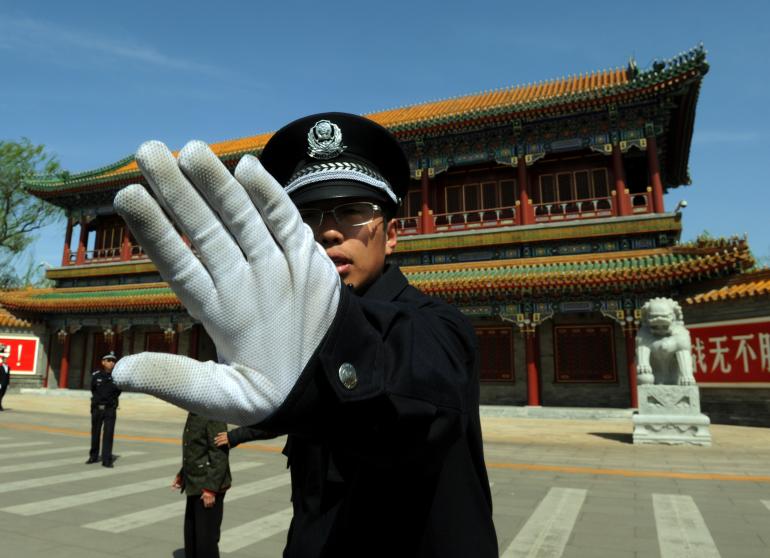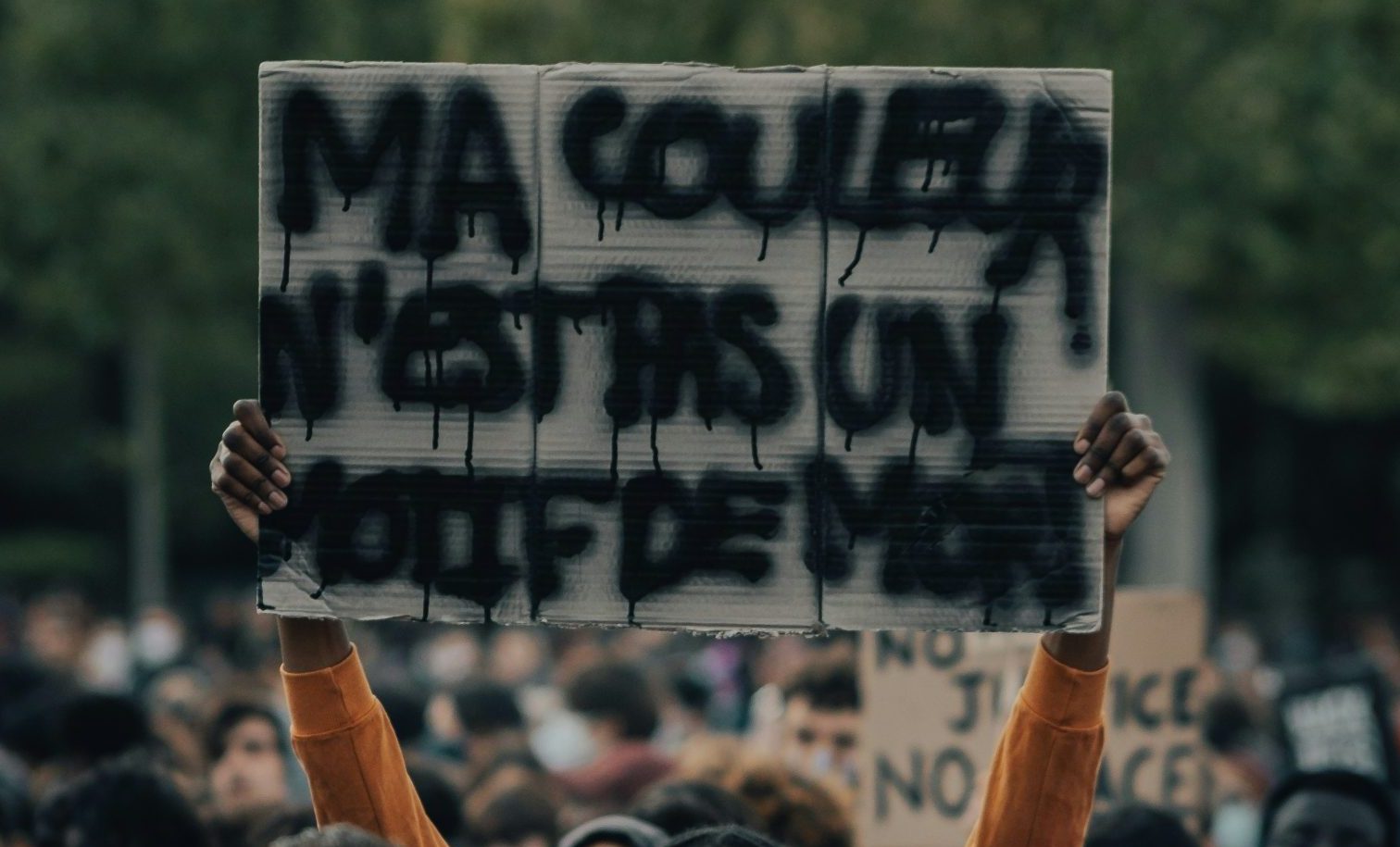Through a range of joint letters and advocacy efforts, civil society is urging more sustained attention to the Human Rights Council on a range of countries in Asia. The UN High Commissioner’s update to the Human Rights Council, given yesterday, underlined the reasons why such attention is so critical at this session.
‘The UN High Commissioner for Human Rights rarely minces his words,’ says Sarah M Brooks, Asia programme manager for ISHR.
‘So when he led off his update to the Human Rights Council’s session on Monday, 11 September with a long list of concerns throughout East and Southeast Asia, he brought much needed attention to a slate of countries that have been central to the advocacy of international and regional organisations.’
Myanmar
ISHR has joined with 43 other organisations to state clearly and publicly: the damning news coming from Rakhine state and the near-unanimous consensus of international commissions, experts and Nobel Laureates alike is undeniable justification for action on Myanmar at this Council’s session. The Fact Finding Mission should be empowered to continue its work, despite delays in the beginning of its mandate, and the government of Myanmar should be held fully accountable for its failure to protect civilians from what could amount to ethnic cleaning, according to the UN Secretary General.
China
This summer, Nobel Laureate Liu Xiaobo became the most recent – and the most renowned – human rights defenders to die in Chinese state custody. His wife, Liu Xia, has suffered through seven years of house arrest, only to be deprived of her right to freedom of movement. Her friends and colleagues believe she is in Beijing, but have no way of confirming either her precise whereabouts or her physical and psychological health.
‘The flippant nature with which China allows a Nobel Laureate to die is astounding,’ Brooks states. ‘Defenders on the ground have to believe that the death of Liu Xiaobo is not going to be a sign of “business as usual”. And that means, quite bluntly. that the response from the UN’s peak human rights body cannot be “business as usual”.’
Governments should speak jointly and clearly about the human rights situation in China, acting now to prevent future deaths of defenders in detention and to hold China to account for its sweeping crackdown on dissenting voices. This includes clear attention to those defenders still awaiting a trial – such as Wang Quanzhang – and those whose sham trials have already resulted in convictions on ‘subversion’ charges, such as lawyer Jiang Tianyong, activist Wu Gan, and – as of the Council’s opening day – NGO worker Lee Ming-che.
Philippines
No other president – thus far – has threatened human rights defenders with decapitation or suggested they be shot by the police. But President Duterte of the Philippines doesn’t mince his words either. As he continues his unrelenting crackdown, through the use of tactics ranging from defamation to targeted killings, broad swathes of the Philippines population are affected. A number of national, regional and international NGOs have signed a joint letter urging governments at the Council to speak out on the situation, maintaining pressure generated by the June 2017 joint statement led by Iceland. This includes urging the Philippines government to, among other positive steps, end threats, intimidation, harassment and killings of human rights defenders and journalists.
Brooks adds, ‘It is important in this context to remember that national human rights institutions also have a critical role to play. The Commission on Human Rights of the Philippines should be a valued partner of the government, not its punching bag.’
The NGOs signatory to this letter note that if the Philippines does not cooperate with the Council – and particularly, if it rejects outright the dozens of Universal Periodic Review recommendations linked to ending and ensuring accountability for extrajudicial killings and defenders – in good faith, it will be in blatant opposition to the principles of Council membership. In this case, other members should consider action through passing a clear resolution.
Cambodia
Cambodia may appear last on the agenda, but it has remained front and centre in the international human rights arena. The announcement early last week of the closure of the English-language Cambodia Daily, a long-time bastion of the free press in the increasingly autocratic country, and the arrest on charges of treason of opposition leader Kem Sokha in the lead-up to national elections, received a lightning fast response from the High Commissioner.
‘The speed with which the Office of the High Commissioner responded shows clearly how serious they, and their colleagues in the region, take these signs of further deterioration in Cambodia,’ said Brooks.
‘This should be a call to action for the Council to engage substantively on the resolution on Cambodia being negotiated at this session, to strengthen the protection of human rights and space for civil society and democratic institutions in the country. The tools – the Special Rapporteur, the Office of the High Commissioner – are there, but with real political will they can be honed and utilised far more effectively’.




